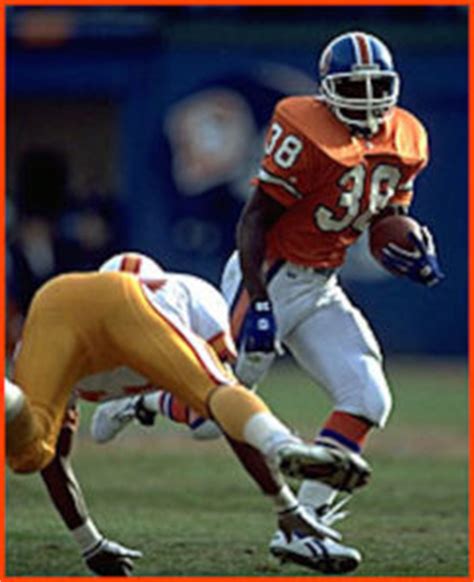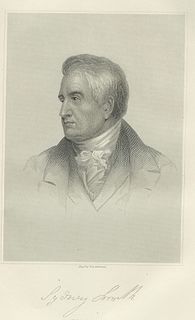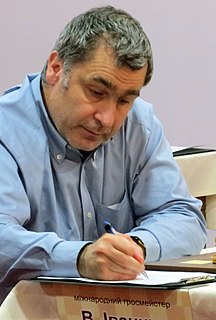A Quote by Garry Kasparov
To play chess on a truly high level requires a constant stream of exact, informed decisions, made in real time and under pressure from your opponent. What's more, it requires a synthesis of some very different virtues, all of which are necessary to good decisions: calculatioñ, creativity and a desire for results. If you ask a Grandmaster, an artist and a computer scientist what makes a good chess player, you'll get a glimpse of these different strengths in action.
Quote Topics
Action
Artist
Ask
Chess
Computer
Constant
Creativity
Decisions
Desire
Different
Exact
Get
Glimpse
Good
Good Decision
High
High Level
Informed
Level
Made
Makes
More
Necessary
Opponent
Play
Player
Pressure
Real
Real Time
Requires
Results
Scientist
Some
Stream
Strengths
Synthesis
Time
Truly
Under Pressure
Very
Virtues
Which
Your
Related Quotes
I started playing chess when I was about 4 or 5 years old. It is very good for children to learn to play chess, because it helps them to develop their mental abilities. It also helps to consolidate a person's character, because as it happens both in life and in a chess game we have to make decisions constantly. In chess there is no luck and no excuses: everything is in your hands.
"Chess has definitely helped me understand a lot of the strategy of football. In chess, good offense is often an exercise in putting multiple points of pressure on one square. In football, offensive play design (particularly passes) involves putting multiple points of pressure on one player." "In chess, you often give your opponent a move that looks strong for him, but it turns into a trap. Football is the same way. I've always thought of defense in football as being totally reactive. But now I understand the ways in which football defenses force the offense to make certain choices."
I was a professional chess player in Romania, but only a small-time master. When I came to France, I continued playing chess for many years: I played tournaments in numerous countries with mixed results. I wrote and published a book - La Défense Alekhine and translated two others from Russian. I taught chess in schools; I earned more money through chess than through literature.
I used to play a lot of chess and competitive chess and study chess and as you get to the grandmasters and learn their styles when you start copying their games like the way they express themselves through... The way Kasparov or Bobby Fischer expresses themselves through a game of chess is it's astonishing. You can show a chess master one of their games and they'll say "Yeah, that is done by that player."
Fischer was a good kid but very unsophisticated about anything but chess. It was all chess for him, every waking moment. We'd go down to the Four Continents bookstore and he'd buy any Russian chess material he could get his hands on. He'd learned enough Russian to get the gist of prose and he just absorbed the chess part.
It's a very special generation, because during our careers the computer entered chess. So we know how to play without computers, which is also important. We can analyse without computers. I am not saying that younger players cannot do this, but we are more in the habit of doing this. That's important to improve your chess understanding.

































